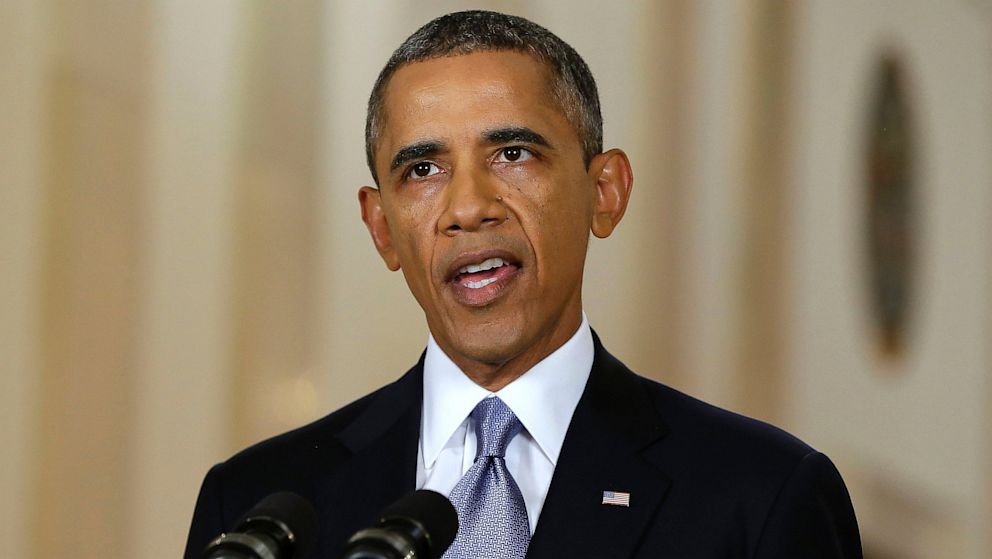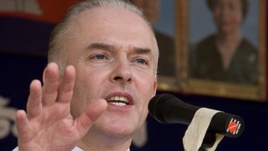PRESS RELEASE
For Immediate Distribution
U.S. Department of Justice Files Case to Seize Over $23 Million in Manhattan Real Estate Connected to Magnitsky Case
10 September 2013 – The United States Attorney’s Office in New York has filed a complaint to seize over $23 million in Manhattan property linked to the $230 million theft uncovered by Hermitage Fund’s Russian lawyer Sergei Magnitsky. The U.S. Attorney’s complaint seeks to further seize cash in connected bank accounts and impose civil money laundering penalties, according to documents filed today with the Manhattan Federal Court.
“This is the first action in the US to seize assets connected to the Magnitsky case, – said a Hermitage Capital representative. – It is a significant escalation in the campaign to bring justice for Sergei Magnitsky and his family. Sergei’s friends, colleagues and family will continue to pursue all the recipients of the blood money to make sure they are parted with the illicit proceeds, whoever and wherever they are.”
The complaint was filed by Preet Bharara, United States Attorney’s Office for the Southern District of New York, on behalf of the United States Government, who is plaintiff in the action. According to the filing, the U.S. Government’s claims over the real estate and cash in New York arise out of the laundering of proceeds of a criminal enterprise in Russia.
“A Russian criminal organisation including corrupt Russian government officials defrauded Russian taxpayers of approximately 5.4 billion rubles, or US$230 million, through an elaborate tax refund fraud scheme,” says the complaint.
“In order to procure the refunds, the Organization fraudulently re-registered the Hermitage Companies in the names of members of the Organization, and then orchestrated sham lawsuits against these companies,”
says the complaint.
“These sham lawsuits involved members of the Organization as both the plaintiffs (representing sham commercial counterparties suing the Hermitage
Companies) and the defendants (purporting to represent the Hermitage Companies,” says the complaint.
“After perpetrating this fraud, members of the Organization have undertaken illegal actions in order to conceal this fraud and retaliate against individuals who attempted to expose it. As a result of these retaliatory actions, Sergei Magnitsky, a Russian attorney who exposed the fraud scheme, was falsely arrested and died in pretrial detention,” says the complaint.
“Members of the Organization, and associates of those members, have also engaged in a broad pattern of money laundering in order to conceal the proceeds of the fraud scheme. This money laundering activity has included the purchase of pieces of Manhattan real estate with funds comingled with the fraud proceeds,” says the complaint.
“The $230 Million Fraud Scheme is strikingly similar to what appears to have been a fraud scheme carried out by the Organization in 2006 involving two subsidiaries of Rengaz,” says the complaint.
A portion of the stolen $230 million funds were laundered through several shell companies into Prevezon Holdings Ltd., based in Cyprus, according to the court filing. The court documents indicate that two Russian nationals were registered as shareholders of Prevezon, including Timofey Krit (during the period from 29 August 2006 to 18 June 2008) and Denis Katsyv, the son of a former Moscow regional government official (since 19 June 2008).
Prevezon’s bank account was owned by Alexander Litvak, named as a business partner of Katsyv in the filing.
According to the court documents, the payments traced by the U.S.
Department of Justice to Prevezon came from two Moldovan shell companies, Elenast and Bunicon-Impex which held accounts at Banca de Economii, which in turn received funds originating from the $230 million from the Russian treasury from Krainiy Sever, a Russian bank whose license was removed for violations of anti-money laundering regulations.
According to the court filing, the stated purpose of payment to Prevezon from Bunicon was “pre-payment for sanitary equipment”. However, this description was at odds with an explanation provided subsequently by a PR representative of Mr Katsyv who explained the transfers as derived from a deal between Mr Krit, a previous shareholder of Prevezon, and his friend, Mr Petrov, who “agreed jointly to develop a business based on investments in and management of property. Under the agreement Mr Petrov was to transfer funds to Prevezon for this purpose.” According to Mr Katsyv’s representative, funds from Bunicon and Elenast were accepted by Prevezon because Mr Petrov was “anticipating repayment through these companies of a debt owed him by a third party, Mr Kim.”
Some of the information identifying the flow of illicit funds came from whistleblower Alexander Perepilichnyy who died mysteriously at the age of
44 in Surrey, UK, in November last year. The cause of his death remains unexplained. As a result of the information he provided, five countries in Europe have now opened criminal investigations, with some freezing funds traced to the proceeds from the $230 million fraud uncovered by Sergei Magnitsky.
Sergei Magnitsky testified about the criminal conspiracy to Russian authorities in 2008, was arrested by some of the same officials he had implicated, ill-treated and tortured for nearly a year and killed in Russian state custody on 16 November 2009.
The investigation for this filing in New York was carried out by the Office of Homeland Security Investigations Division and supported by New York County District Attorney.
For further information, please see:
Law and Order in Russia


